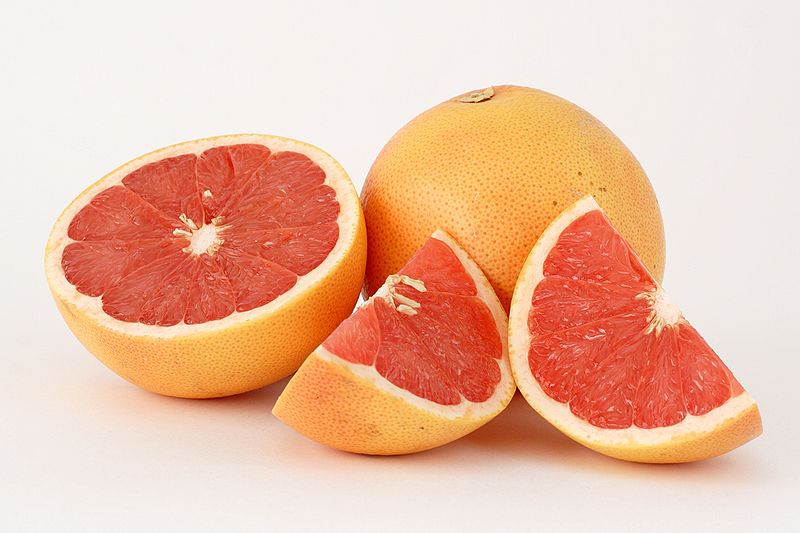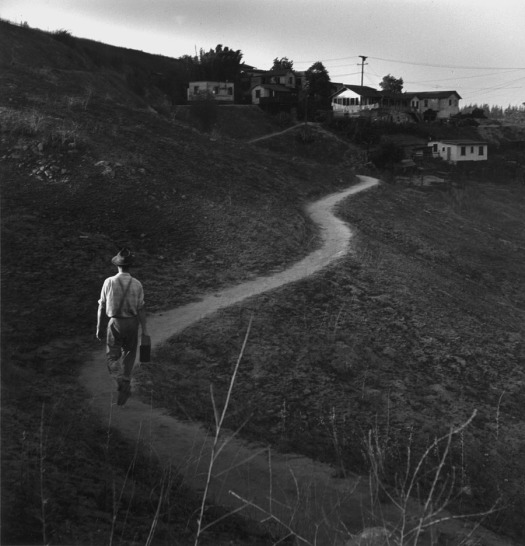 POETRY
POETRY In Which We're Obtained And Preserved By The Artifice Of Rhyme
 Tuesday, October 27, 2009 at 3:21AM
Tuesday, October 27, 2009 at 3:21AM 
Poems Newly Appeared: Nonstop Gases
The end of the world is coming. You already knew this, but did you know that the apocalypse can be a useful generative device? Now that the end of days is more or less in the offing, it is no longer the exclusive property of theology, and literary authors are responding accordingly. It turns out there is plenty of human interest to be found amidst pandemics and nuclear winters. The most recent novels by Cormac McCarthy and Margaret Atwood both take place on imperiled planets. How exactly the planet got to such a state is mostly left unclear, but it seems to have come about through the fallibility of mankind, oft noted.
Recent poetry has also been toying with the idea of our destruction. In the current issue of the Paris Review (cf. Poems Newly Appeared last week), Timothy Donnelly has a poem entitled “Globus Hystericus.” This is an energetic work (that is, its sentences run on) which is deeply upset about the “massive factories” that are “havocking loved waterways.” The speaker wanders around one of these “ghost run factories” while suffering, like the world, from a nervous disorder. Besides that, he has an unhealthy appetite for cream-filled cakes. These cakes, which he guiltily buys from vending machines, are mentioned several times throughout the poem, and the sugar clearly has an effect. His metaphors grow jittery (“the flaming peccary of a comet”) and his indignation rises. In poetry as in anything, there is a threshold of feeling beyond which one must use expletives, and it happens here about two thirds of the way through:
we squandered that very earth and shat on it …
emitting nonstop gases in the flow of our production.
Gases and factories: were there ever any good ones? In any event, the poem develops into a vividly bleak and intriguing work. It concludes when there is “no music left” and the speaker buries his head in his hands—a perfectly understandable reaction to climate change.
Now we turn to another journal, and zip even further into the future. Armageddon came to pass, but we got over that. Something called “The Age of Failed Cures” happened, and also the sun disappeared permanently from the sky (another mess up of ours), yet still life goes on. The only real difference is that now we get our light from animals. Such is the premise of an untitled poem by Matthea Harvey in the current issue of Tin House. The poem presents the charming picture of what daily life will be like once rabbits and elephants become phosphorescent. “In the malls,” for example, “lit / sparrows flit along, guiding the shoppers’ way.” It all sounds cozy and neat, with the unpleasant business of losing the sun now totally behind us. When people want to go to sleep, they just “shoo the dog from the bedroom,” and they are back in the dark. It seems like an agreeable arrangement, until the poet, in her last line, slyly turns the dimmer down on hopefulness: “In our / heads we can still see the moon.”
Tin House can be purchased online for $17.00, or you can subscribe at $24.95 and receive four issues. The current issue, No. 41, is divided into two sections, under the themes of “Hope” and “Dread.” The above mentioned poem by Harvey is included in “Hope.”
* * *

Good form. This is an occasional series that will remark on recent examples of formal poetry, this being the first entry. Traditional poetic forms are many and various, but in journals they appear infrequently enough that we can fairly lump them into the single category of all verse not free.
We begin with rhyme. The distinctness of English verse is “obtained and preserved by the artifice of rhyme,” wrote Dr. Johnson a couple centuries ago, and the dictum still has currency. Paul Muldoon, an Irish poet living in New Jersey, is one of the most recognized practitioners of rhyme, having been linking words like “slab” and “Ballymacnab” for decades, usually with a dexterity that leaves the reader in awe and slightly dazed.
But Muldoon is not only a poet; he is also a poetry editor. Two years ago he took over Alice Quinn’s post at the New Yorker, and his chiming influence can easily be felt. “Au Revoir” is a poem by Maureen N. McLane in the current issue, and it sticks out its rhymes with frisky high/low match ups:
Did Fisher-Price furnish our minds
with a transportable imaginaire?
George Bush the first said he liked pork rinds.
My name not Mary my self contrary.
Minds and rinds: this we can handle, and might even laugh at. But the poet is having a laugh herself when she rhymes imaginaire/contrary, and repeats the joke later on with monsieur/seer. It is a joke that shifts the poem’s voice, or maybe your voice. Surely there is a challenge here: do you drop your French pronunciation to keep the rhyme scheme alive, or do you snub the poem by rolling your r’s? There is no right answer, although you probably do not want to be allied with the “feckless tourism” that she scolds for “hubris misregarding itself as gumption.” But who can say for sure? The target of her satire seems subtle, but is probably broad. Not that it matters. The main point of the poem is surely that McLane is brilliantly in command of her form, and that the form itself still pleases.
—T.K.
T.K. comments weekly on some poems currently available in journals. Contact at poemsnewlyappeared at gmail dot com.
 Paul Muldoon with his band Radiohead.
Paul Muldoon with his band Radiohead.






































